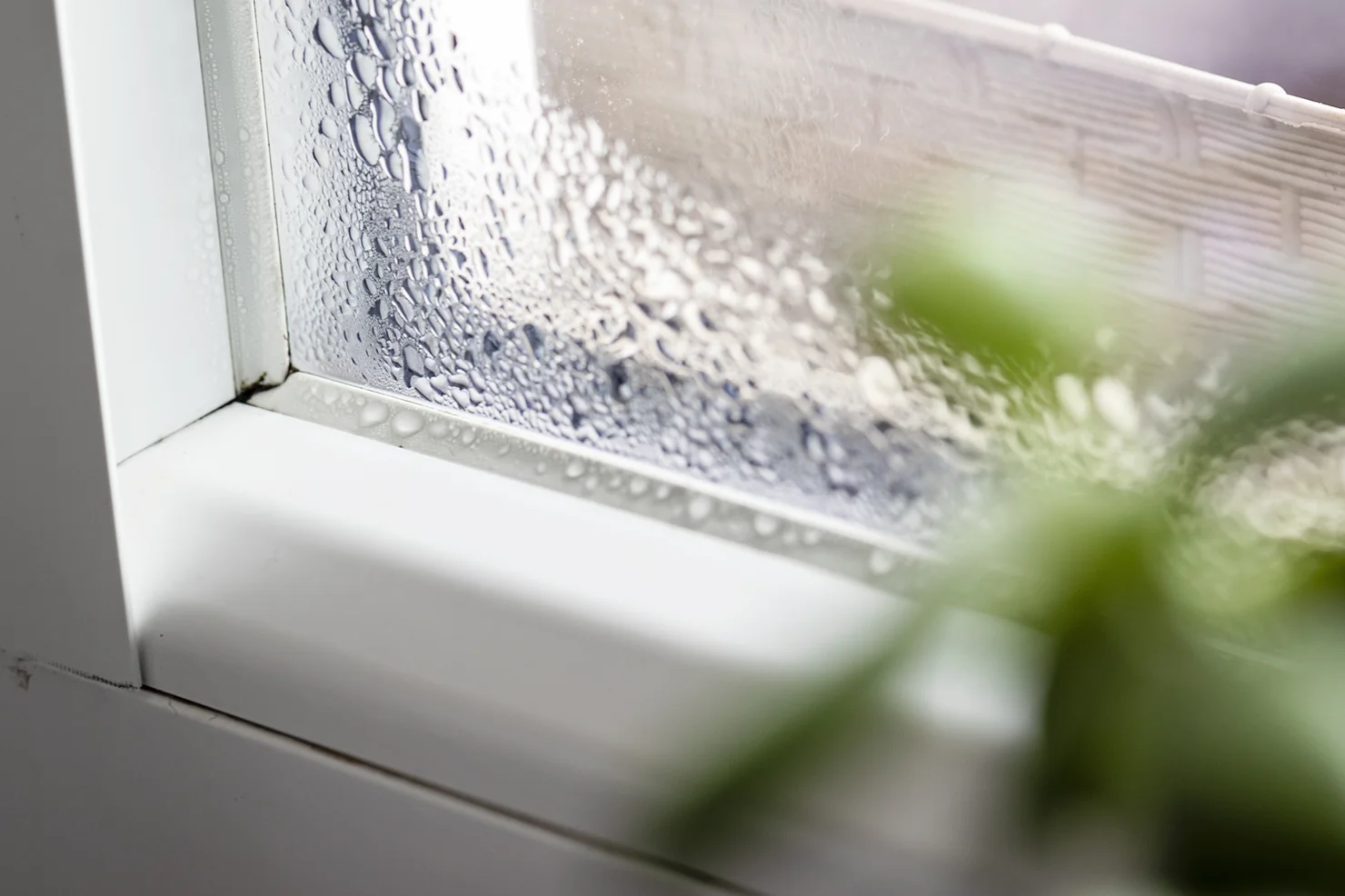4 Signs That the Air Quality in Your Home Is Not Healthy
Breathing fresh air.
Everyone knows the benefits of a good breath of fresh air. In fact, you might enjoy taking walks in nature for this reason. We are also aware that polluted outdoor air can harm our health.
But what about the air inside the four walls of your home? The air you breathe every day and for many hours can also affect your health.
In fact, poor indoor air quality is associated with respiratory problems and can weaken your immune system.
Here are 4 signs that can help you determine if the air in your home is harming your health.

Sign 1 - A musty smell
Do you sometimes smell a moldy or damp earth odor inside your home? Did you know that this might be hiding an air quality problem?
Indeed, this musty smell can indicate a concerning presence of mold. Just as plants need water to survive, mold develops in humid environments.
The problem? Too much mold affects the air quality in your home.
It is concerning because it can cause health problems for you and your family.

Sign 2 - Respiratory problems
Respiratory problems can also indicate that the air in your home is of poor quality.
This is the case, for example, if your child's asthma has worsened since you moved in. Children and pregnant women are more sensitive to issues related to ambient air.
Your entire family might also suffer from some of these symptoms:
- Cough
- Abnormal shortness of breath
- Nosebleeds or nasal discharge
- Sinusitis and other respiratory issues.
If your home contains asbestos (in the insulation or plaster), renovations could also cause respiratory problems. In the most severe cases, the presence of asbestos in the air can even lead to cancer.
Sign 3 - Cold or allergy symptoms
Your respiratory symptoms might be masquerading as cold or allergy symptoms.
Is your nose constantly running, your throat sore, and your trash can full of tissues? This “cold” might indicate that the air in your home is of poor quality.
Remember, breathing contaminated air every day for long hours can harm your health.
If your eyes itch and you sneeze continuously in January, the air in your home might be the cause. At the very least, this would be a more logical explanation than seasonal allergies...

Sign 4 - High humidity levels
Finally, as mentioned above, mold loves humidity.
It is important to check the humidity level inside your home. Humidity problems are more common in basements or less ventilated areas. If you suspect an air quality problem, start by inspecting these areas.
If there is a high humidity level, you might observe:
- Stains of various colors (often green or black):
- on walls, ceilings, or carpets,
- around windows,
- in closets, etc.
- Rings, warping, peeling paint, or other signs of water infiltration on walls or ceilings.
Do you recognize one or more of these signs in your home?
Don't wait to see your health or that of your family worsen. We can perform an air quality test without causing any damage. There’s no need to open a wall, as mold is found in the air as microparticles. The test is completed in a few steps:
- Contact our team to schedule a visit from a microbiologist to your home.
- A microbiologist will come to take indoor air samples from strategic locations.
- The samples are analyzed in our lab by a certified microbiologist.
- You will quickly receive a clear and complete analysis of the air in your home.
- The microbiologist will also provide you with a detailed action plan to address your building problem, if necessary.
Choosing Bâtisso means:
- Being supported throughout the process: if you have questions, our team is there to answer them.
- Obtaining a certified analysis to protect you in case of a dispute.
- Quickly receiving analysis results: to minimize your stress.
- Taking care of your health and that of your family.
Don't wait!
Schedule an appointment today with one of our microbiologists to assess the air quality in your home.